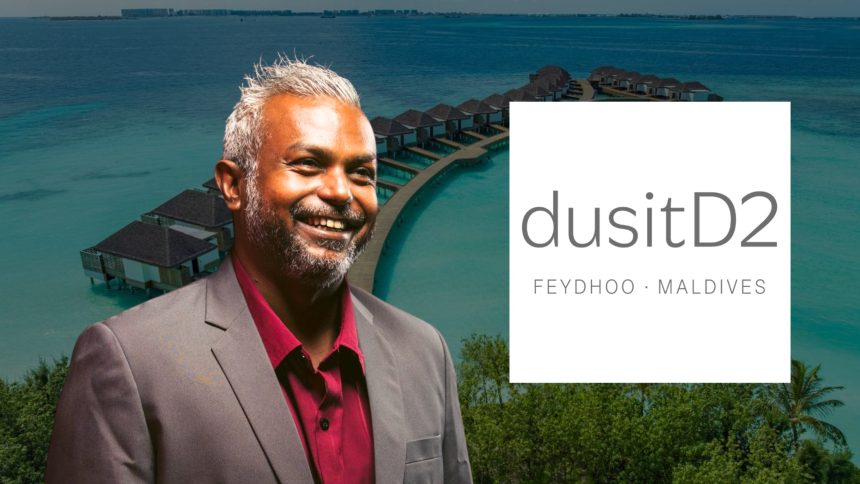In a major development that signals rising corporate accountability in the global hospitality sector, Dusit International has terminated Ibrahim Rashvan, the Executive Assistant Manager – Food & Beverage at dusitD2 Feydhoo Maldives, following public exposure of multiple staff harassment allegations.
The termination, confirmed by internal sources, was ordered directly by Dusit International’s head office in Bangkok, bypassing local resort management after weeks of pressure from staff, media, and whistleblower complaints.
Public Pressure Forces Corporate Action
Rashvan’s removal comes in the wake of detailed allegations made by several resort staff, who described a disturbing pattern of sexual harassment, public humiliation, and abuse of authority. The scandal gained traction after The Standard Maldives published a series of reports exposing how complaints were being ignored internally.
The tipping point came when staff escalated their grievances directly to Dusit’s top executives — including CEO Suphajee Suthumpun and Vice President Siradej Donavanik — demanding immediate action.
As the story spread across social platforms and industry circles, the reputational cost became too great to ignore.
A Crack in the Façade of Luxury
dusitD2 Feydhoo Maldives, marketed globally as a luxury destination, now finds itself at the center of a reputational crisis. Rashvan, once a senior figure in the resort’s leadership, is accused of degrading behavior that ranged from unsolicited advances to public acts of humiliation.
His continued presence after the initial complaints led many to believe that resort leadership was prioritizing internal protection over justice — until the Bangkok headquarters intervened.
“This wasn’t about due process anymore. It was about damage control,” said one source familiar with the termination.
Industry Wake-Up Call
Rashvan’s firing marks a significant moment for Maldives tourism, where workers in luxury resorts often suffer in silence under powerful management figures. The swift intervention from Dusit International, though late, now places pressure on other global hospitality brands operating in the country to confront their own workplace cultures.
For guests, partners, and future staff, the message is clear: corporate brands will be held publicly accountable when silence enables abuse.
The Standard Maldives will continue to track whether Dusit International issues a formal public statement and whether systemic changes follow this high-profile termination.
Tips and information can be sent securely to: info@standard.mv




